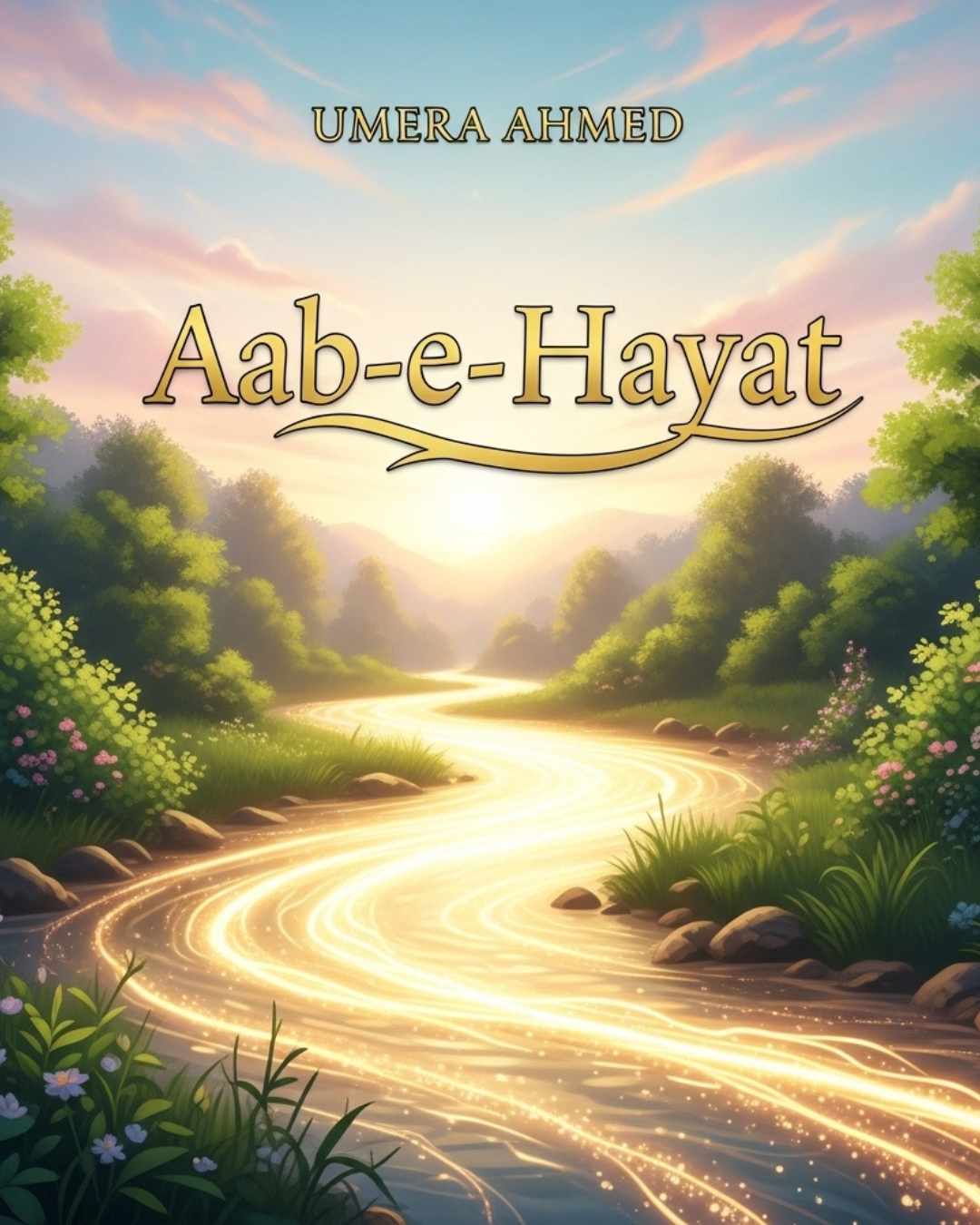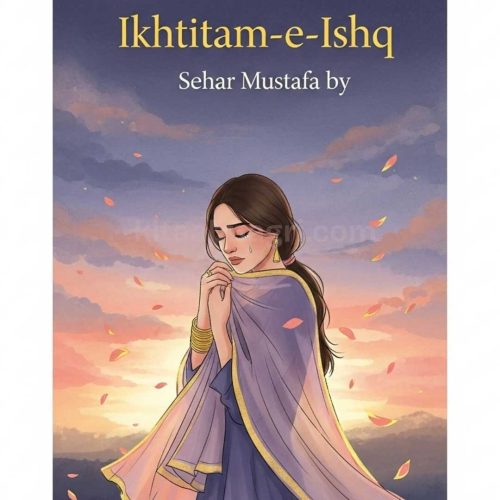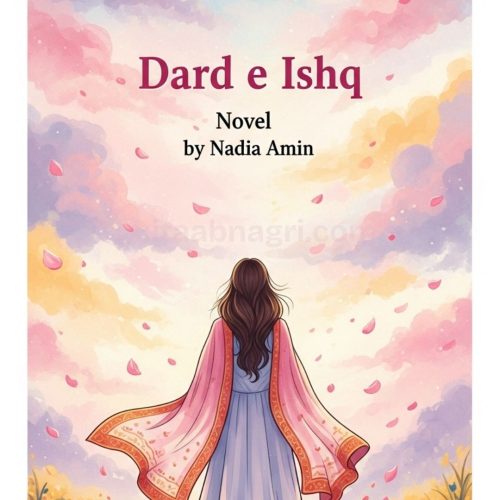| Novel Name | Aab E Hayat |
| Writer Name | Umera Ahmed |
| File Size | 22.40 MB |
| File Type | PDF Format |
| Download Option | Available |
Aab-e-Hayat Urdu novel by Umera Ahmed, sequel of Peer-e-Kamil. Explore story highlights, main characters, and key themes of faith, love, family values, and true success in life and akhirat.
Aab E Hayat Summary
Aab Hayat is the much-awaited sequel to Umera Ahmed’s most famous novel Peer-e-Kamil. It continues the story of Salar Sikandar and Imama Hashim after their marriage, exploring their struggles, changes and family life.
The novel highlights faith, Islamic values, love, morality and the challenges of living a righteous life in the modern world.
Characters
- Salar Sikandar: Reformed, spiritual man; role model of Islamic lifestyle.
- Imama Hashim: Strong, religious wife; symbol of love & patience.
- Jibraeel Sikandar: Their son; intelligent, balanced, dutiful.
- Raeesa Sikandar: Salar’s mother; materialistic, worldly minded.
- Dawar Sikandar: Salar’s brother; greedy, status-conscious.
Summary:
The novel’s story begins where Peer Kamil ends, with Salar and Imama happily married. They are blessed with children, but their lives are not meant to be peaceful. Umera Ahmed presents her journey of applying Islamic principles in practical life.
Salar, once an arrogant and confused man, is now a reformed person who tries to live according to the teachings of Islam. Imama remains a source of strength, love and guidance in his life.
The novel beautifully depicts how they raise their children with Islamic values despite living in a materialistic society. Their son Jibril plays a key role in making Salar’s vision a reality.
The story also introduces other characters and families, presenting different shades of human nature: greed, jealousy, selfishness, and hypocrisy that are the opposite of sincerity, sacrifice and true faith.
Key Themes:
- Transformation & Repentance: Change through Allah’s guidance.
- Islamic Family Life: Building a home on Quran & Sunnah.
- Parenting & Upbringing: Raising children with strong faith.
- Materialism vs. Spirituality: Worldly greed vs. inner peace.
- True Success: Eternal success lies in akhirat, not wealth.
Conclusion:
Finally, Umera Ahmed emphasizes that true success is not in wealth or power, but in faith and obedience to Allah. Salar and Imama’s journey becomes a symbol of patience, love, and spiritual growth. Their children also reflect these same values, proving that good upbringing can shape generations.
Read our latest famous novel: Jaan E Hassan Urdu Novel By Aisha Awan.







